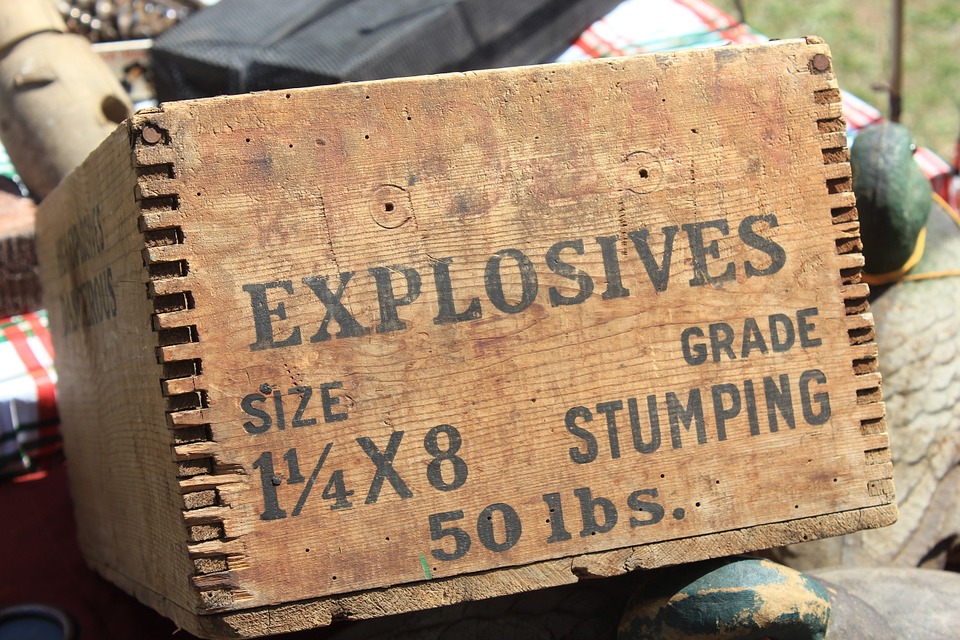Libya destroyed more than 200 tonnes of remnants of war with the support of the UN Mine Action Service (UNMAS), the support mission said.
“At the end of January, UNMAS completed phase one of its initiative to destroy Explosive Remnants of War (ERW) which have been endangering the lives of Misratan communities, and of the wider Libyan population,” the Mission said.
“More than 200 tonnes of ERW were successfully eliminated with the support of the governments of Denmark and South Korea, generous contributors to the United Nations Voluntary Trust Fund for Assistance in Mine Action,” the mission added.
The mission said in cooperation with the Danish Demining Group (DDG), UNMAS provided training to 20 of the Libyan Mine Action Centre’s personnel who destroyed 203 tonnes of war remnants.
“The next step is phase two of the initiative, which aims to destroy at least 200 more tons of ERW. Phase two is kindly supported by the government of France.”
Years of armed conflict in Libya left large amounts of unexploded ordnance, which killed and injured many soldiers and civilians.
UN says more than 500,000 ERW, including landmines, projectiles, bombs and guided missiles, have been cleared in Libya.
The UN said since March 2011, 108 Libyans have been reported killed and another 161 injured in 135 accidents involving ERW.
Unlike in other countries contaminated by ERW, the larger risk to civilians in Libya, experts say, comes from unsecured munitions, which can form the basis for the construction of improvised explosive devices, which have recently begun being used in Libya.
The world body said during the conflict, armed groups seized Libyan government arms and ammunition stockpiles; many more unserviceable munitions were left over from the bombings by NATO forces.
Today, the UN said there are probably millions of unsecured explosive weapons and ammunition rounds in Libya, and weapons proliferation is a major concern.
Mine action has been the highest priority since 2011, says a 2013 UN appeal document summarising the financial needs of implementing partners in Libya working on weapons management and mine clearance projects.








